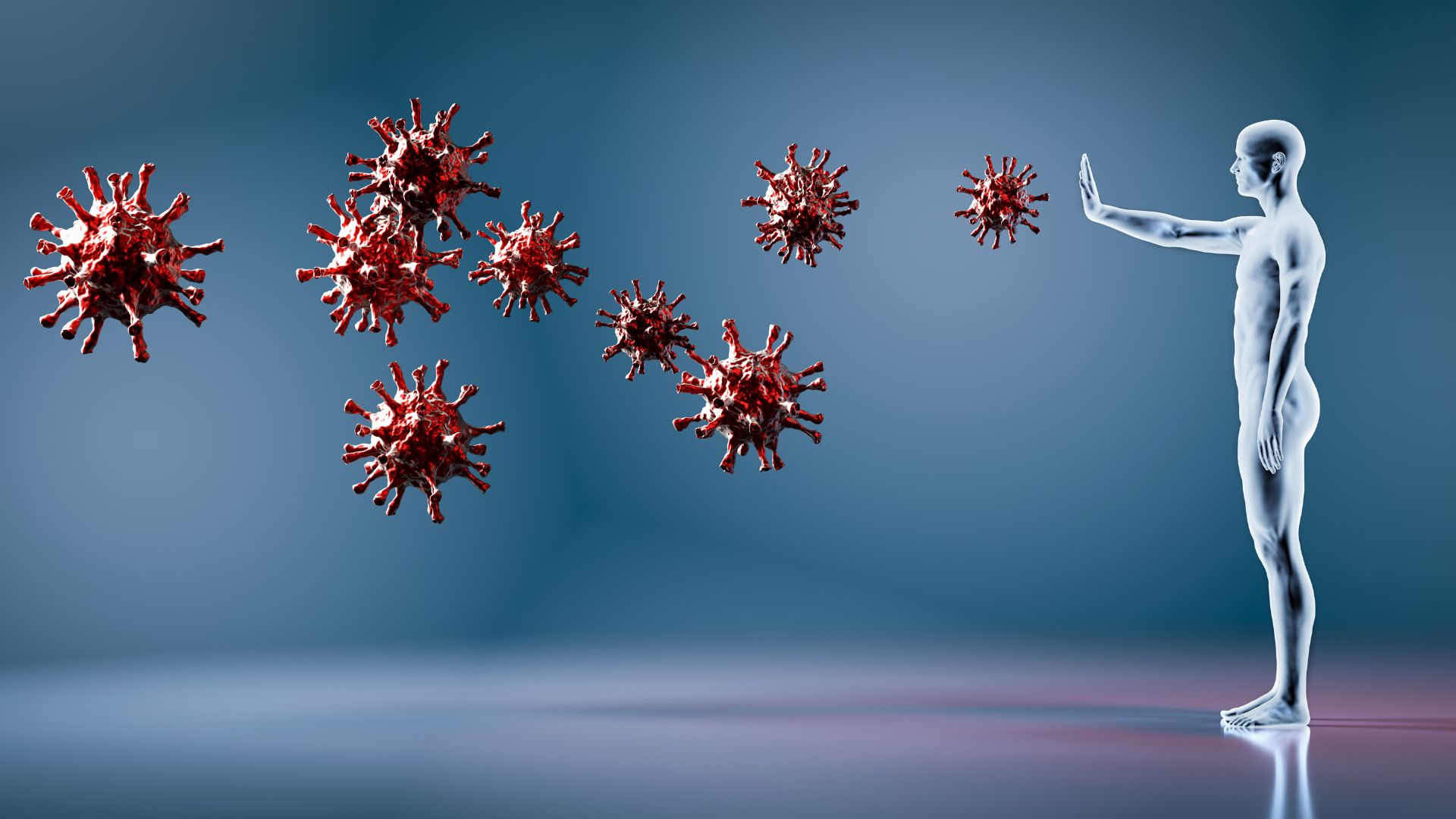
Want a tough immune?
Start paying attention to this essential nutrient and which specific sources and quantities reign supreme.
Proteins have long been referred to as the building blocks of life. Protein plays a critical role in our immune system by building antibodies as well as muscle. Bodycomposition and percentage muscle mass are emerging as an important influencer on your bodies ability to respond to a virus attack.
Quality
Not all protein is created equal. For example, there is a vast difference in your body’s ability to use protein from peanut butter compared to an egg. In fact, the FAO/WHO have adopted the Protein Digestibility Corrected Amino Acid Score (PDCAAS) as the preferred method for the measurement of the protein value in human nutrition.
Quantity can vary greatly related to age, sex, activity or medical condition. .8 grams per kilogram of bodyweight is considered minimum and up to 2 grams is considered safe for most. Measuring your bodycomposition and percentage of lean body mass is a worthwhile investment to determine if what you are consuming is working for you.
Do include:
High-quality sources of protein such as wild caught, cold-water fish, seafood, organic pasture-raised poultry, organic pasture raised eggs, and 100% grass-fed meat. In addition, good sources of vegetable protein include non-GMO fermented soy products, hemp, nuts, seeds, and beans. Finally, protein powders are an option, although it is always preferable to obtain most of your food from whole foods.
Do limit:
Fish high in mercury, such as tuna, swordfish or Chilean seabass, conventionally raised poultry, feed-lot-raised meat, and smoked meat or fish.
Try to avoid:
Most processed meats, including deli-meat, hot dogs, sausages, and highly processed vegetarian or vegan meat alternatives that contain GMO soy.
The Bottom Line:
Focus on consuming better quality protein more of the time, and consuming inferior sources less of the time.

London Wellness Introduces Peak Performance Plan
Transform Your Next Vacation From Sabotaging your Weight Goals to Strengthening Them?

